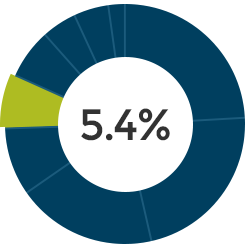These include:
Market timing/late trading
This occurs when a mutual fund permits certain customers to purchase shares in the fund after trading has closed for the day. Because mutual fund prices are set once a day, a customer that purchases after trading is closed can do so at that day’s price and not at the following day’s price.
Marking the Close
Buying or selling a security near the close of the day’s trading in order to affect the closing price.
Front running
The buying or selling of securities while knowing that another investor is about to make a trade that will influence the price of the security. An example would be buying stock in Company A knowing that another investor is about to make a very large purchase of the same stock, causing its price to increase.
Pooling
An agreement among a group of people delegating authority to a single manager to trade in a specific stock, for a specific period of time, and then to share in the resulting profits or losses.
Freeriding
Buying a stock in a cash account and selling before paying for it.
Stock parking/kiting
Forms of collusion between trading parties in which a trade is entered into with a side agreement that the seller will buy back the stock from the buyer at a later time (done to meet/avoid disclosure obligations), or that they will disregard settlement obligations so that one party can exploit the delay and continue to trade based on a position that should no longer be available.
Naked shorting
Shares are sold short without arrangements made to borrow them to deliver, then seller intentionally fails to deliver within the standard three-day settlement period.
Churning
When a broker engages in excessive buying and selling of securities in a customer’s account chiefly to generate commissions that benefit the broker.



